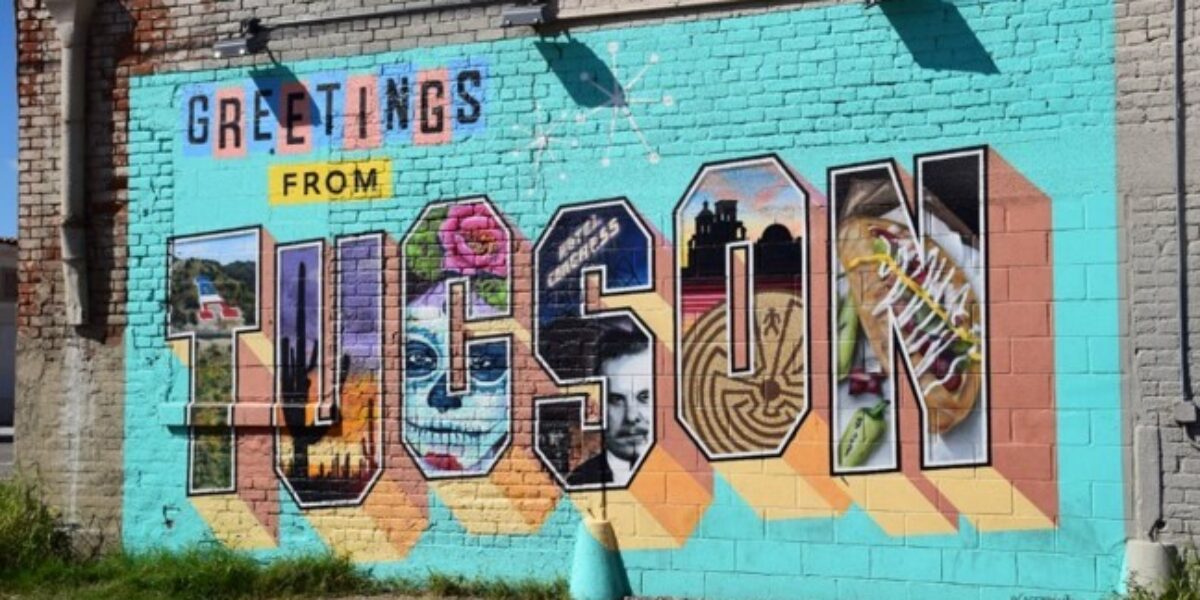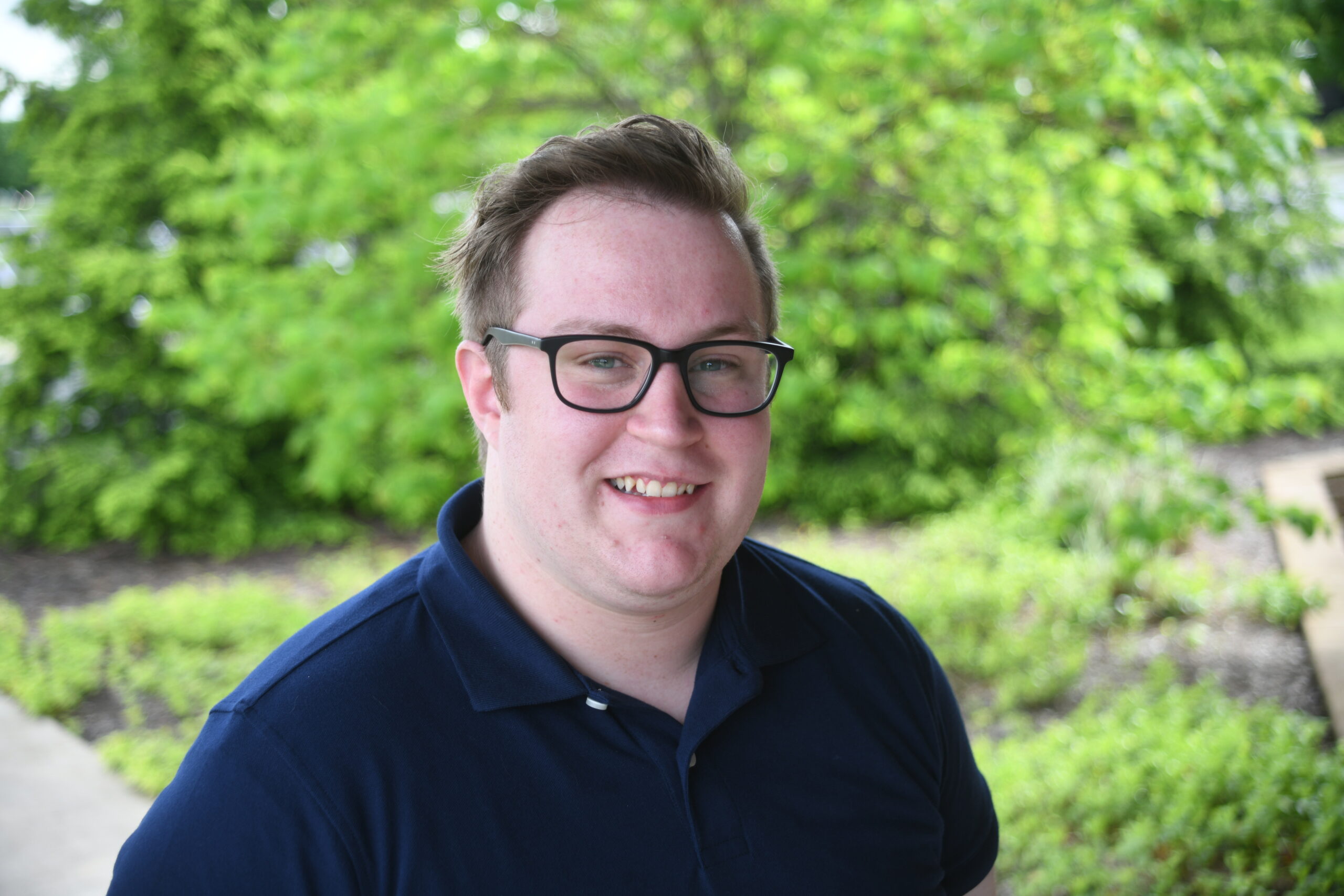Tucson, Arizona, is a borderlands city, located in the southwestern U.S., near the Mexican border. A diverse city, with many immigrant and refugee residents, Tucson prides itself on being welcoming to everyone. And Shalom Mennonite Church, located in the southeast side of the city, is no different. Shalom Mennonite has a great wealth of experience in welcoming people and quickly bringing them into congregational life.
What better place could there be for a Mennonite Voluntary Service (MVS) unit?
The Tucson MVS unit has operated since the 1970s. The unit currently resides in a house built specifically for volunteers on the church grounds. The MVS unit occasionally shares the house with participants of SOOP (Service Opportunities with Our Partners), another of Mennonite Mission Network program.
After a few years of lowered MVS activity, the MVS unit’s support committee evaluated whether the congregation should continue supporting the MVS unit.
"Some really good work has happened within the congregation, with the help of our MVS dreaming committee," said Lisa Showalter, the local program coordinator for Tucson MVS. "Out of that work, a new vision took shape — a resounding affirmation that supporting an MVS unit was something Shalom wanted to continue."
Carol Rose, co-pastor at Shalom Mennonite, emphasized that MVS has had a long-standing impact on their church community. "Shalom Mennonite includes people in their 50s who first came to Tucson as MVSers, as well as recent MVSers who have stayed [here]," Rose said. "The heart for justice and service that MVS nurtures is the heart of Shalom’s understanding of the gospel of Jesus Christ."
After this affirmation, they reorganized their support committee, with an eye for placing volunteers at organizations that align with the congregation’s passions. Half of the support committee is comprised of former MVSers. Building relationships with new nonprofits is hard work, Showalter said, but entirely worth it. "This committee has a wonderful positive energy and everyone is putting in so much effort to get our unit going again," she said.

The Tucson MVS unit takes an annual trip to the Grand Canyon. Photo provided.
The close physical proximity between the church and the MVS unit galvanizes a strong connection between the two.
"Tucson MVSers are invited to be an active part of the Shalom congregation in many ways," said Mandy Schlabach, chair of the Tucson MVS support committee. These ways include attending church on Sundays, getting involved in worship, helping with Shalom’s social justice ministries, participating in events like potlucks after church, and attending community meals that happen monthly at the church.
Schlabach hopes that MVSers feel the wide welcome that the church offers them. "[I hope] that they will feel cared for and find community through Shalom Mennonite," she said.
Even outside of the Shalom community, Tucson is a vibrant urban environment, sandwiched between four mountain ranges. It is a city with many cultures coming together at intersections of art, food and community.
In addition to Tucson’s thriving art scene, the city is renowned in the food world. Tucson was the first city in the United States to become a UNESCO (United Nations Educational, Scientific and Cultural Organization) City of Gastronomy and remains one of two cities in the U.S. to hold that distinction (the other being San Antonio, Texas).
The Creative Cities Network, the program that gives out this distinction, "recognizes cities world-wide who foster innovation and creativity as key drivers for a more sustainable and inclusive urban development." Between amazing tacos, Tucson’s own Sonoran hot dog, and Mexican fusion, the hungry MVSer is bound to find something they’ll like to eat.
"One of the most rewarding things about working with MVS is building connections and community," Schlabach said. "I like to think our volunteers take a piece of Tucson’s warm climate culture and a piece of Shalom’s creativity and commitment to social justice with them when they go out into the world."








